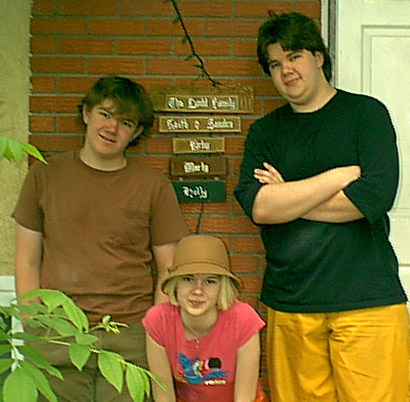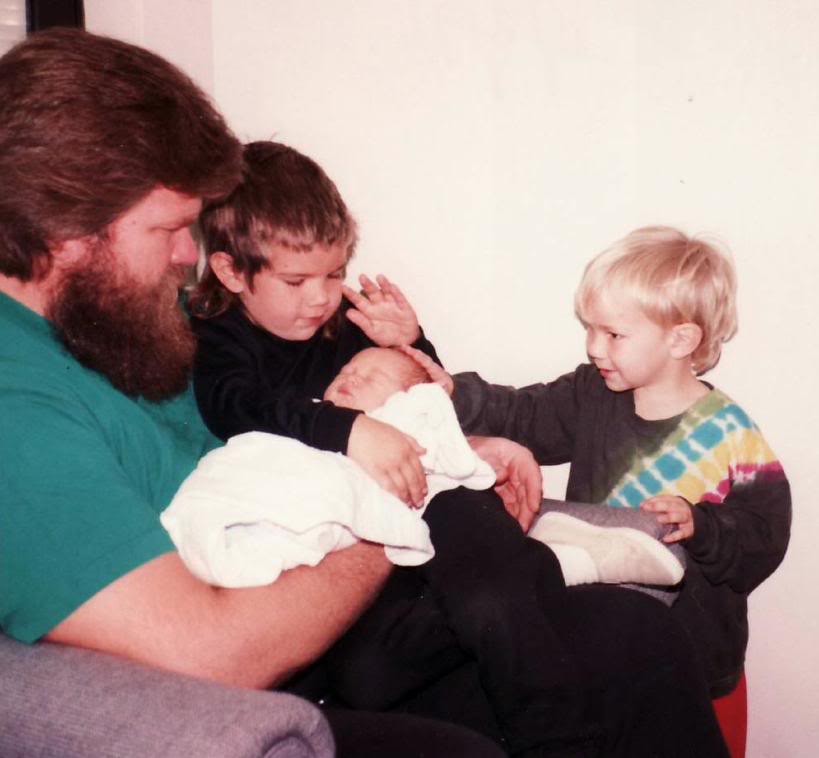Years back when I had three kids who ate in the van and cup holders would have ketchup in them and stuff, I dreamed of growing up and getting a nice Buick sedan when the kids were grown.
The other day Keith and I saw a nice Buick sedan. I said that was supposed to be my car someday, and Keith said still could be. But I think after this used minivan dies, I need to get another used minivan. And if pressed to choose a nice sedan right now, it would likely be a Hyundai Sonata.
I had not factored in grandchildren, or needing to take six people to a play or out to dinner.
I think I would rather clean ketchup out of drink holders and have people smiling and laughing in my used minivan than to have a quiet, soft luxury car I would need to fill with "no" and "don't."
(the writing isn't there, but the warmth is)
photo by Sandra Dodd, in Old Town, Albuquerque
I had parallel-parked that van on a one-way circuit around the plaza. I parked in a tight spot, on the left side, and was proud. A man sitting on the bench gave me a thumbs-up for the smooth parking. When we came back, the other cars were gone so it didn't look impressive anymore.





































